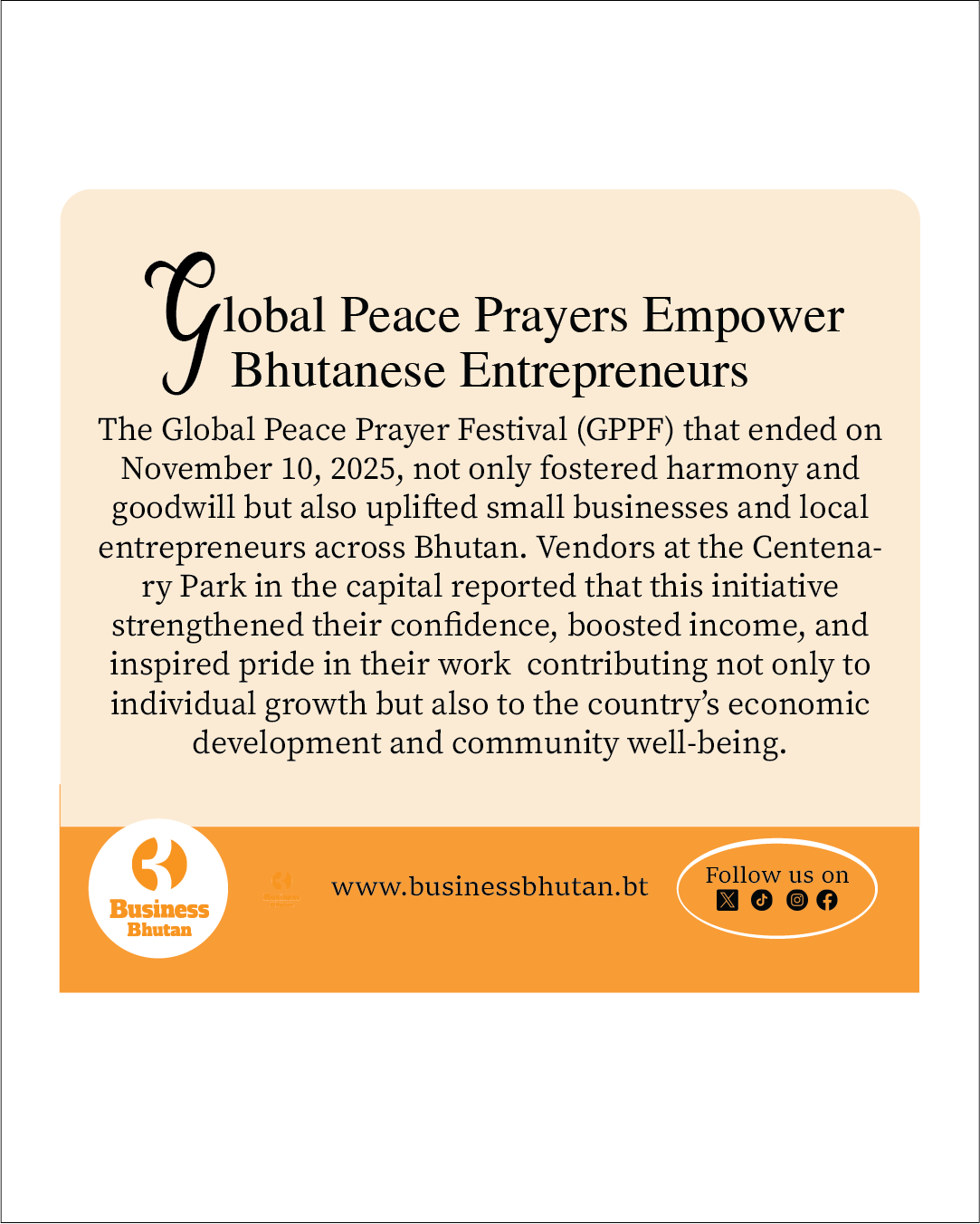In response to the significant challenges faced by mountain communities due to climate change, the Government of Nepal’s Ministry of Forests and Environment hosted a two-day international expert dialogue on “Mountain, People, and Climate Change” in Kathmandu from 22-23 May.
The minister for Agriculture and Livestock, Yonten Phuntsho leading the Bhutanese delegation called for collaborative efforts from the regions and world to address the challenges faced by mountains and the climate change.
“In a world of interdependence, it is insufficient for a single entity to mitigate climate change; collaborative efforts are imperative,” the minister exclaimed.
The minister remarked, “As we gather here to celebrate the historic achievement of the inclusion of issues of mountains in the outcome texts of COP28 in Dubai, we are also here to discuss and chart out efforts to address the challenges faced by mountains and to recognize the critical roles of mountains in addressing climate change,” heaping praises on the achievements of the climate teams from Nepal, Kyrgyzstan and Bhutan in Dubai.
While Bhutan is proud to be the world’s first carbon negative country, Lyonpo said that achieving this status entailed difficult choices forgoing numerous economic opportunities to tread the path of sustainable development.
The minister explained that the Constitution of Bhutan mandates maintaining 60% forest coverage to ensure sustainable ecosystem services. “To fulfill commitment to remain carbon neutral, for everyone, it is a proud achievement in our Global Climate Commitment to move towards net zero.”
However, the minister reiterated, “As we live in an interdependent world, the efforts and sacrifices of a single country or a group will not be able to drive significant impact in our fight against climate change.”
Even under the “best case” scenario, wherein global- warming is limited to 1.5°C, projections indicate that one-third of the glaciers in the Hindu Kush Himalayan region will disappear by 2100.
Lyonpo added, “As a country, with over 90% of the land covered by mountainous terrain, the alarming melting of glaciers by 13 to 23 meters was a significant risk to our nation. This rapid melting not only imperils our glaciers, but also increases the risks of glacial lake outburst floods, posing devastating threats to lives and livelihoods of communities both in the mountains and further downstream.”
Climate change also threatens to undo Bhutan’s environmental milestones in the areas of biodiversity conservation. He opined, “My immediate thought goes to that of the fate of the charismatic snow leopards that roam our mountains and have played the critical role of regulating the mountain ecosystem as a keystone species. While other species at lower elevations may adapt and shift upwards, the snow leopard, dependent on glaciers and snow, faces the risk of extinction.
The minister said that the dialogue comes at an opportune time for securing the majestic mountain ecosystems, and it should yield significant inputs for the mountain roadmap and a strategy for Bonn 2024 and beyond. The minister reminded all countries and stakeholders to recommend concrete outcomes that are sustainable and would strengthen the resilience of these ecosystems.
The minister pointed out that government should create linkages through the UAE framework for global climate resilience to take the Mountain Agenda forward with targets on ecosystems and mountains to drive action on mountain issues, and the role of mountains in transboundary adaptation and international cooperation.
The delegates from Bhutan shared that to echo that, next month’s Bonn Dialogue must lead to an inclusive roadmap, leaving no one behind in the process and reiterate or call for a separate work plan, a work programme on mountains and climate change.
The fight against climate change, the minister said, cannot be won without protecting mountains that act as giant carbon sinks. Its degradation would accelerate global warming, creating a domino effect of environmental disasters, both for the mountains and the downstream ecosystems, therefore, urging everyone to act with urgency and resolve.
By Sangay Rabten, Thimphu
















